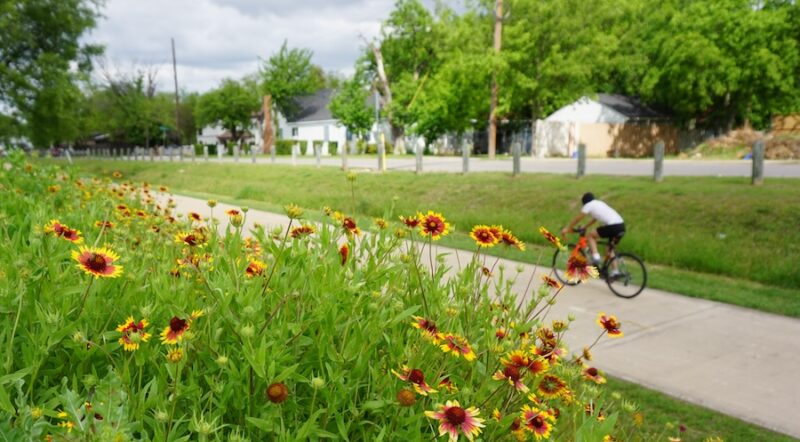Our Commitment to Equity
Baltimore, Maryland | Photo by Side A Photography
At Rails to Trails Conservancy, we believe that every person—regardless of race, gender, geography, income, age, ability, sexual orientation or expression, or other minority status—deserves access to free, accessible and safe places where they can walk, bike and be active. We believe trails have the power to transform communities and create joyful, vibrant public spaces that are equitable and inclusive.
Yet, in the United States, access to trails and the outdoors is a privilege. Institutional and structural injustices rooted in discriminatory policies and planning practices perpetuate inequities in our access to the outdoors, including access to quality trails. These injustices add to the burdens society places on those who are most underserved—furthering outsized health and wellness, economic and mobility challenges.
We are committed to better understanding and addressing current and historical inequities that impact who has access to trails, through analytical methods as well as lived experiences. We place significant value in authentic community-led planning processes to reflect local needs and values, ensuring that residents derive long-term benefits from trail projects and related economic development initiatives.
At RTC, we take seriously the responsibility and opportunity to create valued community space that connects people rather than divides and separates people. Our work needs to prioritize grassroots leadership, emphasize introspection and acknowledge historical injustices that continue to negatively impact people’s lives.
As the nation’s leading trails organization, we will use this equity lens to focus our own internal structure and decisions. We will challenge ourselves, and the trails and outdoor movement, to lead with an equity mindset. We strive to increase the diversity in the representation of our organization and in the field. And we will celebrate and hold up stories and experiences that align with these values.
Together, we will build a future where everyone, everywhere can safely be active outdoors.
At Rails-to-Trails Conservancy, central to our mission is creating healthier places for healthier people.
Now, more than ever before, it is evident that the outdoors are vital to our wellbeing. Yet, it is painfully clear how inequitable access is to trails and the outdoors in our country. We believe that every single person deserves access to the outdoors—free, safe places where we can walk, bike and be active together.
Access to trails and the outdoors is a privilege. When black and brown people aren’t able to get outside safely—without fear of violence—historical social injustices are deepened and systemic racism reinforced.
At RTC, we take seriously the responsibility and opportunity to create valued community space that connects people. We are committed to better understanding and addressing current and historical inequities that impact who has access to safe, outside spaces and trails.
We know the transformative power of trails to create joyful, vibrant public spaces that are equitable and inclusive. That potential cannot be realized unless we stand against racism together.
—Ryan Chao, President
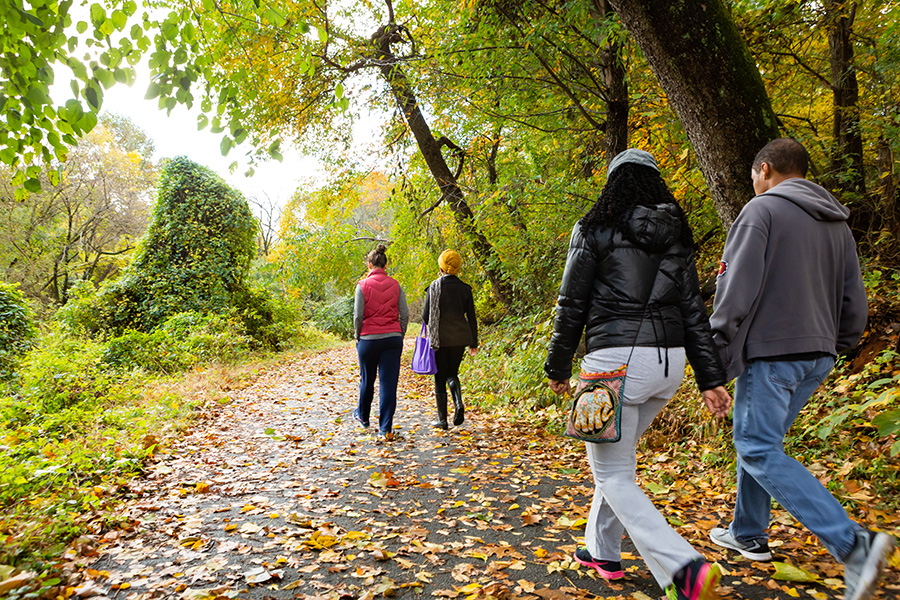
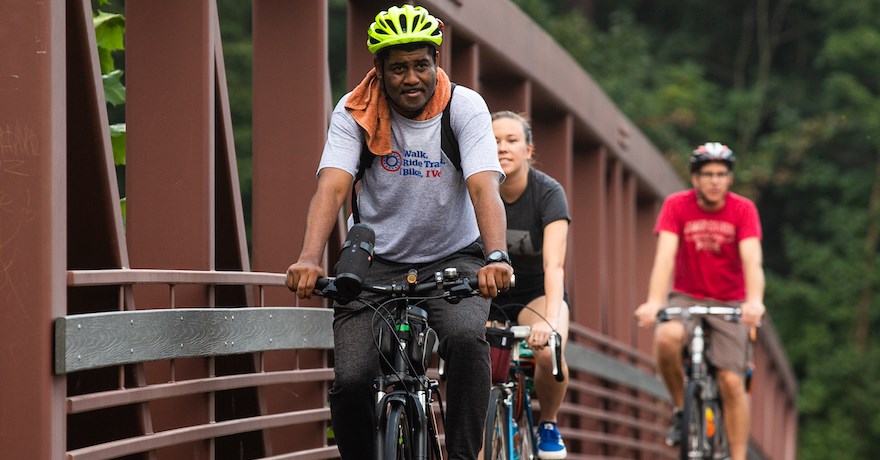
Logic Model
Situation
Chronic diseases like obesity and heart disease are pervasive among Black, Indigenous and People of Color (BIPOC)—as are limited health-care options and opportunities for physical activity (Center for American Progress), underlying risk factors at the root of the disproportionate toll of COVID-19 among BIPOC communities. The story of pedestrian fatalities is similar; Black pedestrians are twice as likely as whites to die while walking, a disparity that has grown rapidly over the past decade (CDC MMWR). An assessment of Rails-to-Trails Conservancy’s (RTC’s) GIS database finds that only 12% of the nation’s trail miles are located in communities with a high social vulnerability score (CDC), perpetuating the systemic underpinnings causing significant disparities between those who do and those who do not have access to safe spaces to be physically active in their neighborhoods. The United States has a long and deep history of structural racism rooted in discriminatory policies, land use and planning practices, alongside an exclusionary outdoor culture, which perpetuate racial inequities in our access to the outdoors.Priorities
At RTC, we believe that trails can connect everyone, everywhere, and that every person deserves access to free, accessible and safe places where they can walk, bike and be active in their neighborhoods. A legacy of racist planning and land-use practices has contributed to outsized health and wellness, economic, and mobility challenges that leave BIPOC communities isolated from economic opportunity, lacking assets and resources for health and wellness, and physically segregated from other communities. While infrastructure has long been used to segregate neighborhoods, trails have the power to unite—transforming communities and creating joyful, vibrant public spaces that are equitable and inclusive. Trails connected into seamless networks are essential to healthy communities, providing routes separated from vehicle traffic for people to walk and bike as part of their daily lives. This community-based infrastructure is created by reimagining public spaces in ways that connect people rather than separate them—and by prioritizing grassroots leadership, emphasizing introspection and acknowledging historical injustices that continue to negatively impact people’s lives.
More Equity Stories
View More Blogs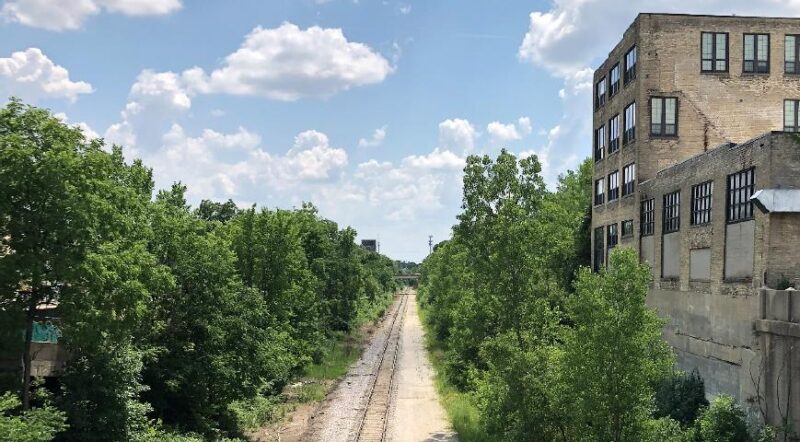
Federal Grant Boosts Trail Connectivity Within Milwaukee’s 30th Street Corridor: A Model for Collaborative Community Development
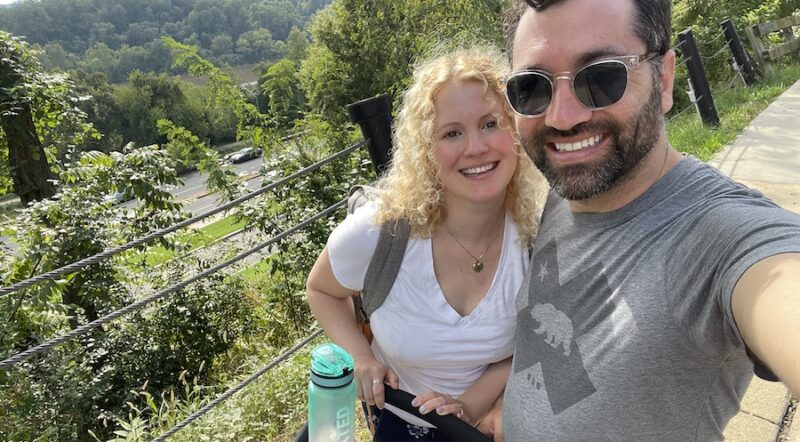
Venturing Out on Trails as a New Mom
